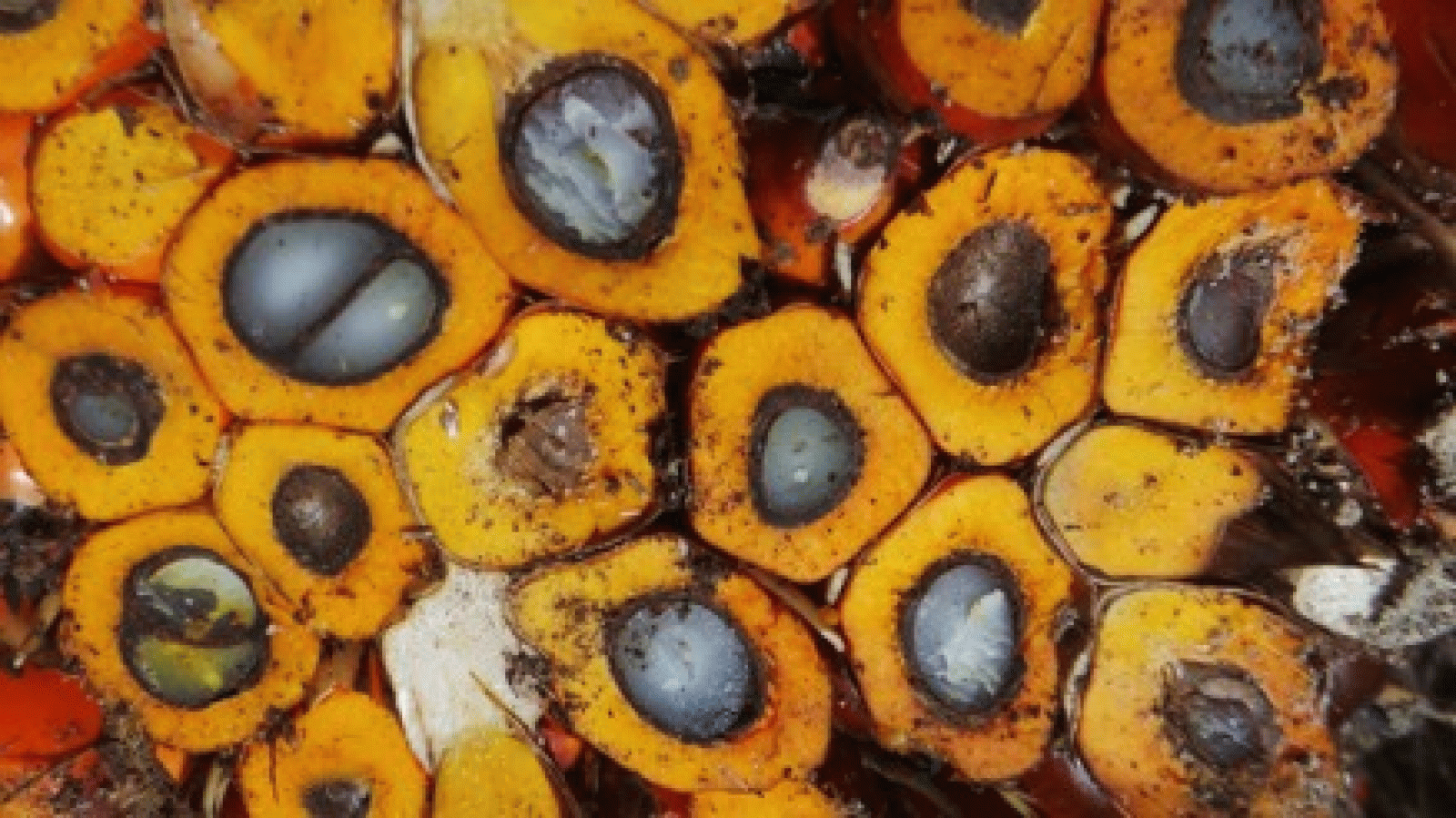4A Lab Seminar
Sophie Chao: Taking Plants and People Seriously: Multispecies Entanglements in the West Papuan Oil Palm Nexus

‘Oil Palm children’: Cross-section of a mature oil palm fresh fruit bunch. Credits: Sophie Chao.
Drawing from long-term ethnographic fieldwork in rural West Papua, this paper examines how Indigenous Marind communities conceptualize plants as particular kinds of persons within a multispecies cosmology. Specifically, I explore the moral, biotic, and ecological contrasts Marind identify between native sago palm and introduced oil palm in the context of widespread deforestation and agribusiness expansion. Each of these plants accrues multi-layered political and cultural significance for Marind in light of broader processes of Indigenous dispossession and ongoing colonization that shape the geopolitics of West Papua. Drawing from multispecies ethnography and related posthumanist currents, Sophie Chao argues that oil palm – an introduced, "settler" cash crop in Merauke – comes to embody in sensory, contested, and more-than-human ways, the destructive yet promissory lure of capitalist modernity for Indigenous Marind communities. At the same time, oil palm is an object of wonder, curiosity, and pity because of its foreign origins, unknown lifeway, and subjection to technocapitalist regimes of control and exploitation. The paper discusses the ethical, political, and practical challenges involved in reconciling Indigenous theories and practices surrounding the more-than-human with multispecies studies and posthumanist approaches, that remained largely anchored in the unmarked space of settler white colonialism.
Sophie Chao is a Postdoctoral Research Associate at the University of Sydney's School of Philosophical and Historical Inquiry. Her research explores the intersections of Indigeneity, health, capitalism, and ecology in the Pacific. Sophie completed her PhD in anthropology at Macquarie University. Interweaving multispecies studies with ontological anthropology, her doctoral research examined how Indigenous communities experience, conceptualize, and contest the adverse social and environmental impacts of large-scale deforestation and monocrop oil palm expansion in Indonesian West Papua. The resulting thesis was awarded the Australian Anthropological Society Best PhD Thesis Prize in 2019 and the John Legge Prize for Best Thesis in Asian Studies in 2020. Sophie previously worked for Indigenous rights organization Forest Peoples Programme in the United Kingdom and Indonesia. Her scholarly research has been published in anthropological and interdisciplinary journals including Environmental Humanities, Cultural Anthropology, and Ethnos. For more information, please visit www.morethanhumanworlds.com.
10. November 2020
Online 4A_Lab Seminar
Die Veranstaltung findet online statt.
Hinweis
Diese Veranstaltung wird durch Fotografien und/oder Videoaufnahmen dokumentiert. Falls es nicht Ihre Zustimmung findet, dass das Kunsthistorische Institut in Florenz Aufnahmen, auf denen Sie erkennbar abgebildet sein könnten, für die Veranstaltungsdokumentation und Öffentlichkeitsarbeit (z.B. Social Media) verwendet, bitten wir um eine entsprechende Rückmeldung.


